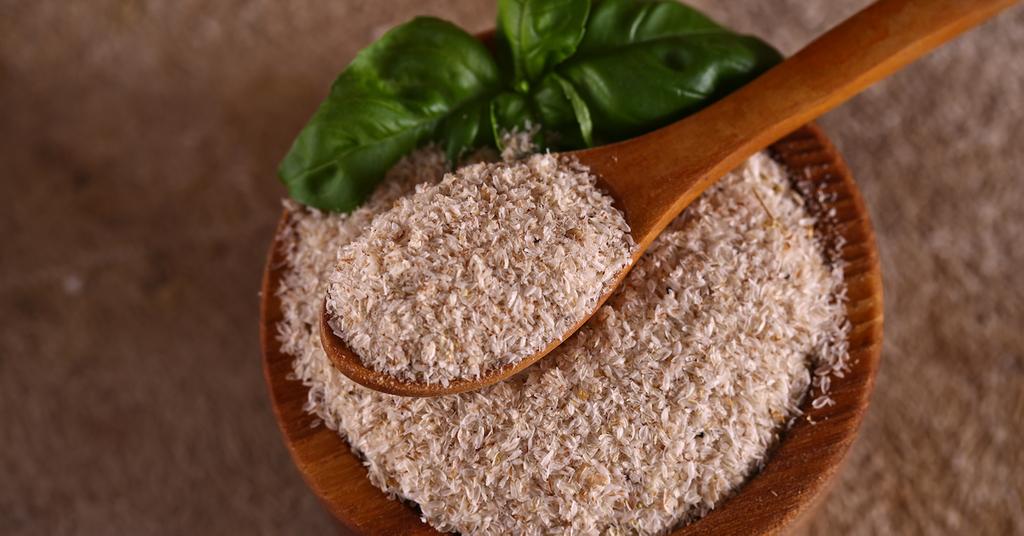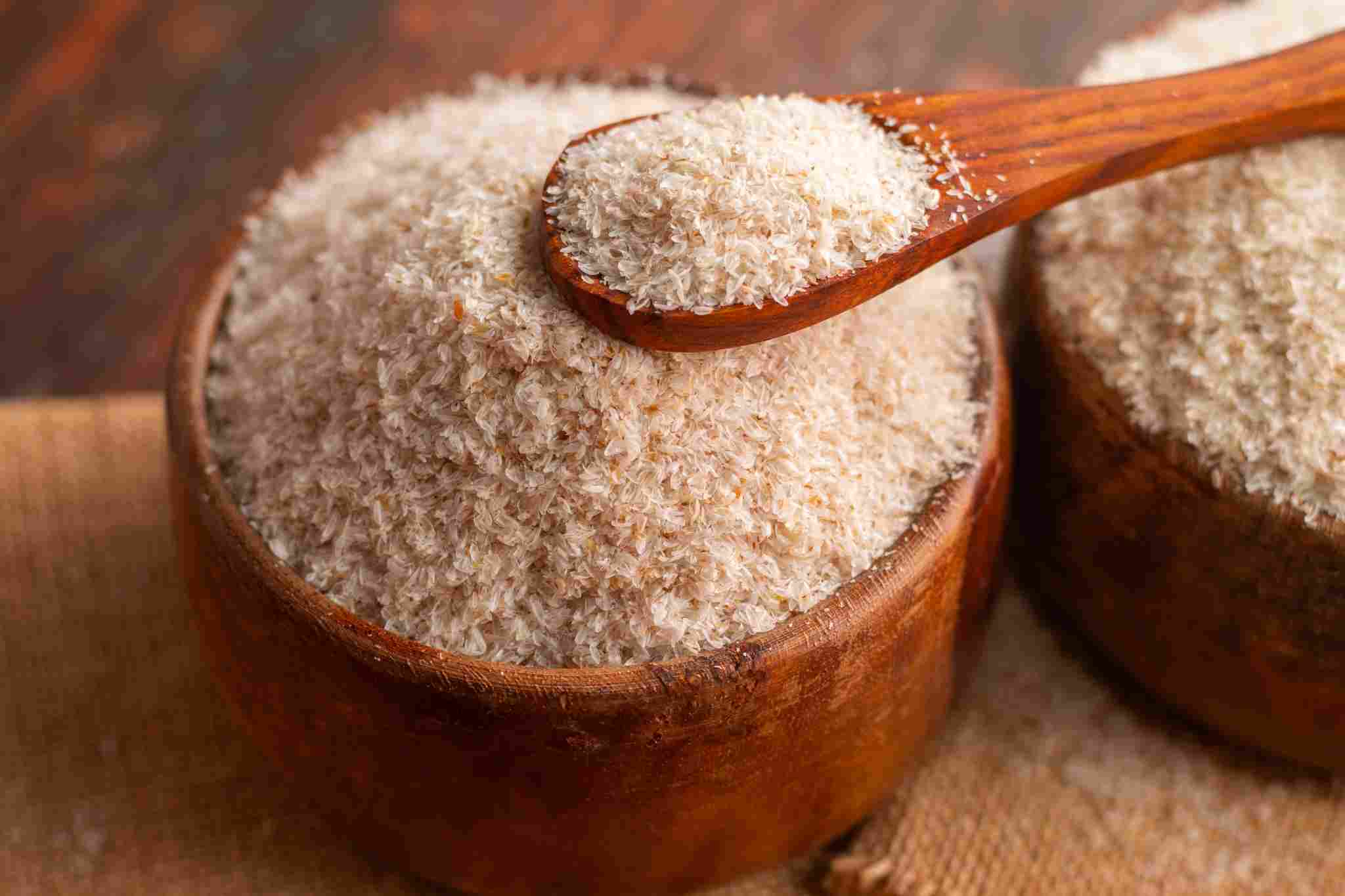Are you staring at that psyllium husk container in your pantry, a knot forming in your stomach as you recall the dreaded cancer warning? Despite this alarming label, understand that such warnings on psyllium husk, while concerning, might not be as unique or dire as they initially appear.
The truth is, a California ruling mandates these warnings on a wide range of products, and psyllium husk isn't necessarily singled out due to an inherent cancer risk. Any food or supplement that contains even trace amounts of contaminants like lead might bear the same warning. Extensive investigation reveals no clinical evidence suggesting that psyllium husk harbors a greater concentration of environmental contaminants, such as heavy metals, compared to other everyday food items. The origin of this warning lies in the potential for the psyllium husk to have been exposed to chemicals like lead during its growth phase, absorbing them from the soil. These small amounts of lead can be attributed to the natural growth process and individual farm factors, including fertilizer usage and geographical location. In reality, the psyllium husk cancer warning gains more visibility than similar warnings found on other readily available products like imported rice, creating a disproportionate sense of alarm.
| Category | Information |
|---|---|
| Common Names | Psyllium, Psyllium Seed, Ispaghula, Ispaghula Seed, Psyllium Husk |
| Source | Outer covering (husk) of psyllium seeds, native to India |
| Primary Use | Dietary fiber supplement |
| Potential Benefits | Promotes digestive health, supports cardiovascular health, helps regulate cholesterol and blood sugar levels |
| Warning Origin | California Proposition 65, due to potential trace amounts of lead contamination |
| Lead Contamination Source | Absorption from soil during growth, fertilizer use, environmental factors |
| Notable Test Results (2021 Consumerlab) | All tested brands contained some level of lead |
| Top Pick (Lowest Lead) | Yerba Prima Whole Husk |
| Other Brands Mentioned | Organic India, NOW Brand |
| Countering Evidence | Studies suggest psyllium husk may lower colon cancer risk and potentially breast cancer risk |
| Additional Information | Mayo Clinic - Psyllium |
It's important to note that despite the cancer warning, numerous studies indicate that regular consumption of psyllium husk may actually lower the risk of colon cancer. Furthermore, an extensive clinical trial has suggested it might also contribute to reducing the risk of breast cancer. The key is to approach these warnings with a balanced perspective, considering both the potential risks and the documented benefits.
- Dana Loesch Hospitalized The Truth Revealed Bio Career
- Movierulz Kannada Movies Find Watch Online Guide
In March 2021, Consumerlab conducted a thorough test of various psyllium husk products, and the results revealed that every single one contained some level of lead. Their top recommendation, which is also a preferred brand for some, was Yerba Prima Whole Husk, boasting the lowest lead level among those tested. Organic India and NOW Brand were also identified as other brands with relatively low levels of lead. These findings highlight the importance of being an informed consumer and making careful choices when selecting psyllium husk products.
So, why should you approach the psyllium husk cancer warning with a healthy dose of caution? The fiber in psyllium husk possesses the remarkable ability to absorb both water and toxins within the digestive system. This natural fiber, a long-standing staple in many households, has recently come under intense scrutiny due to the aforementioned cancer warning, sending ripples of concern throughout wellness communities. The aim here is to navigate through the complex landscape of facts and fictions, claims, and counterclaims surrounding this ubiquitous supplement.
The warnings provided on these products must adhere to specific guidelines, being both "clear and reasonable." This entails two key requirements: firstly, the warning must explicitly state that the chemical in question is known to cause cancer, birth defects, or other forms of reproductive harm. Secondly, the warning must be presented in a manner that effectively reaches the consumer before they are exposed to the chemical. This often manifests as a label or sticker on the product, cautioning that consuming the product could expose individuals to chemicals, including a named chemical known by the State of California to cause cancer, birth defects, or other reproductive harm. Understanding these requirements provides context for the presence and purpose of such warnings.
- Movierulz 2025 Watch Latest Kannada South Indian Movies Online
- Movierulz Search Errors A Guide To Finding What You Need
It's worth noting that a report from the World Cancer Research Fund and the American Institute for Cancer Research (WCRF/AICR) in 2007 concluded that no convincing dietary risk factors for pancreatic cancer have been definitively established. However, the potential association between dietary fiber intake and pancreatic cancer risk has garnered significant interest within the scientific community. Therefore, while the psyllium husk cancer warning may raise concerns, it's essential to consider the broader context of cancer research and dietary factors.
Beyond the cancer-related anxieties, psyllium husk continues to be recognized for its ability to deliver bowel regularity and provide cardiovascular support. For centuries, it has been utilized as a colon cleanser, and its soluble fiber content makes it a valuable nutritional tool for promoting cardiovascular health and maintaining healthy cholesterol levels, particularly when integrated into a diet low in saturated fat. It's important to remember that ispaghula husk goes by several names, including psyllium, psyllium seed, ispaghula, and ispaghula seed, all referring to the same beneficial substance.
Psyllium husk has indeed become a popular natural supplement, gaining traction in recent years due to its numerous potential health benefits. However, the emergence of concerns about a possible link between its consumption and cancer has prompted increased scrutiny and caution. The prevalence of warning labels claiming that psyllium is known to cause cancer, birth defects, and other medical conditions may be alarming, but it's crucial to remember that the underlying issue is often the presence of trace contaminants rather than an inherent carcinogenic property of the psyllium husk itself. As mentioned earlier, these warnings, based on California's Proposition 65, are not exclusive to psyllium husk.
The reality is that Californias Proposition 65 mandates these warnings for an extensive array of products containing even minute traces of certain chemicals. This broad application can lead to a situation where genuinely harmful substances carry the same warning as relatively harmless ones, creating confusion and diminishing the effectiveness of the warnings themselves. This phenomenon contributes to "alarm fatigue," where consumers become desensitized to the warnings due to their ubiquity, potentially overlooking genuine risks. While rare, some individuals may experience severe and even life-threatening side effects when taking any drug or supplement, underscoring the importance of seeking immediate medical attention if any unusual signs or symptoms arise.
The psyllium husk cancer warning highlights the complex interplay between product safety, consumer health, and regulatory standards. While psyllium husk is lauded for its numerous health benefits, including digestive health, cholesterol reduction, and blood sugar regulation, the potential for lead contamination raises valid concerns that consumers need to be aware of. Excessive intake and inadequate hydration can also lead to adverse effects, emphasizing the importance of moderation and proper usage.
Psyllium, native to India, is a seed, and psyllium husk is the outer covering of that seed. It's a soluble fiber that absorbs water to form a gel, making it a versatile ingredient in baking and a popular supplement. The realization that a cancer warning was present on the package while consuming a fruit smoothie with the added supplement underscores the importance of reading labels carefully and being aware of potential risks. It is crucial to understand the risks and consult with a healthcare professional before incorporating psyllium husk into your daily routine to ensure safe and effective use.
- Unveiling Personalized Menus Xnxx Insights Is It Safe
- Movierulz 2025 Watch Movies Online Risks Legal Alternatives


